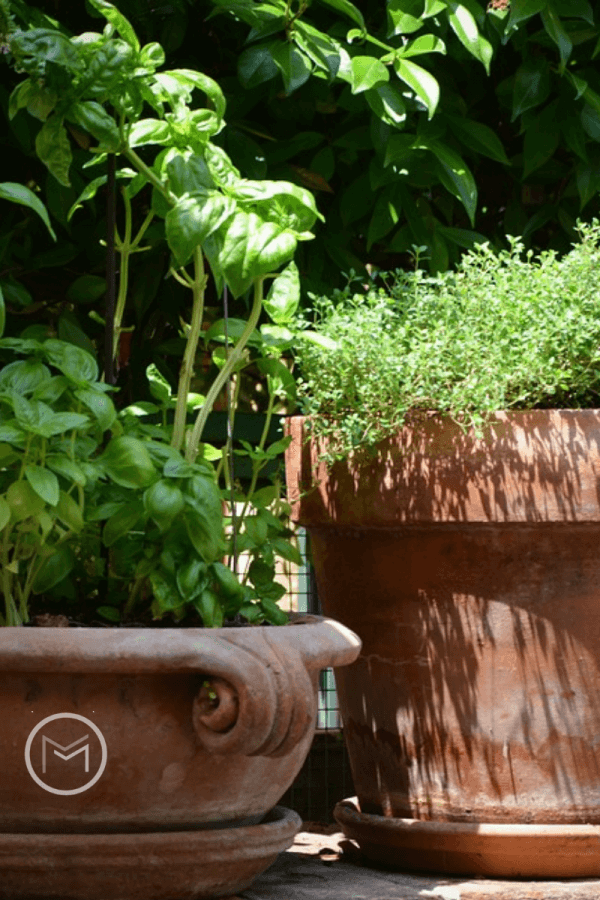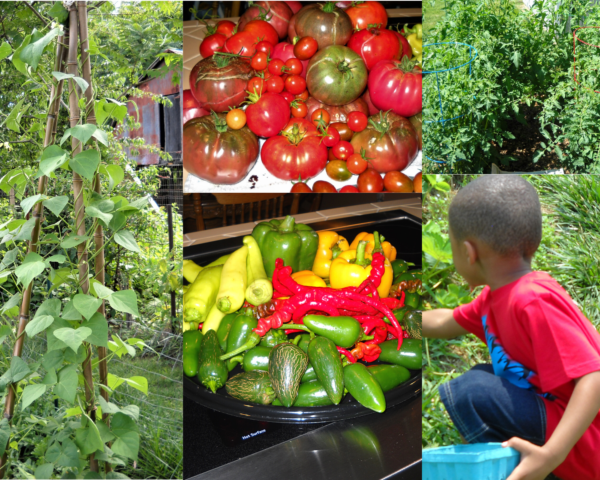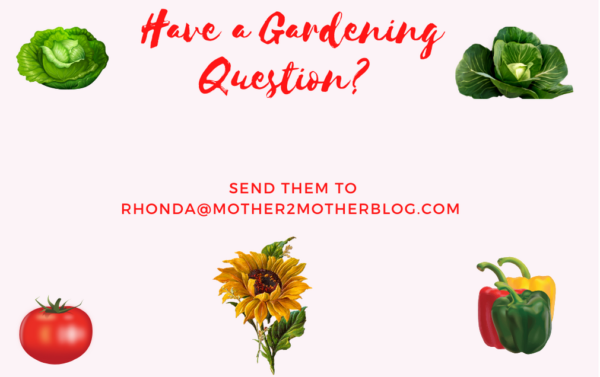
Let the Easter egg hunts begin! It takes time and organizational skills to put together a successful and budget friendly Easter egg hunt. We have a few tips that will ensure you’re an eggcellent hostess. And the children will have a great time if you follow these 4 easy steps:
- Plan For A Day Of Shopping – First, you will need to plan time to shop for your items. Make sure you leave sufficient time just in case you have to make another trip for additional or forgotten items.
- Make a List of Items Needed– Second, decide how many tables and other areas you will be decorating. How will the Easter egg hunt be conducted. How many plastic eggs will be needed? Furthermore, will you be dying eggs? How many baskets/buckets will be needed for the children, how much decorative grass, signs etc. Making a list ensures that you don’t forget anything while shopping. It also reduces stress and eliminates additional trips to the store. Use that time for preparation. Head to the Dollar Store for your decorations. The table clothes, tableware, plastic eggs and just about everything else you will need for your Easter Egg Hunt can be found there. You can use your saving on delicious food/treats.
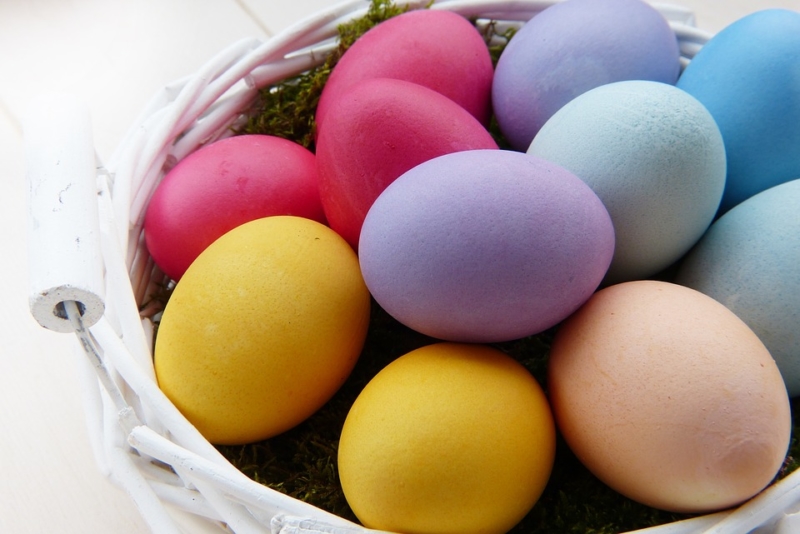
- Decide What Games You Will Play – Next, will you be playing games? Will the games be for younger, older and family or one or the other? I would suggest that you narrow it down to 2 – 3 games. However, you will need to decide if they will be played before or after the egg hunt.
- Decide What Food/Treats You Will Serve – Will you be serving a hot meal, finger foods or just take home treats? You will need know to know how much food to purchase. So, try to calculate how many guests will be coming. You will need to make a grocery store list.
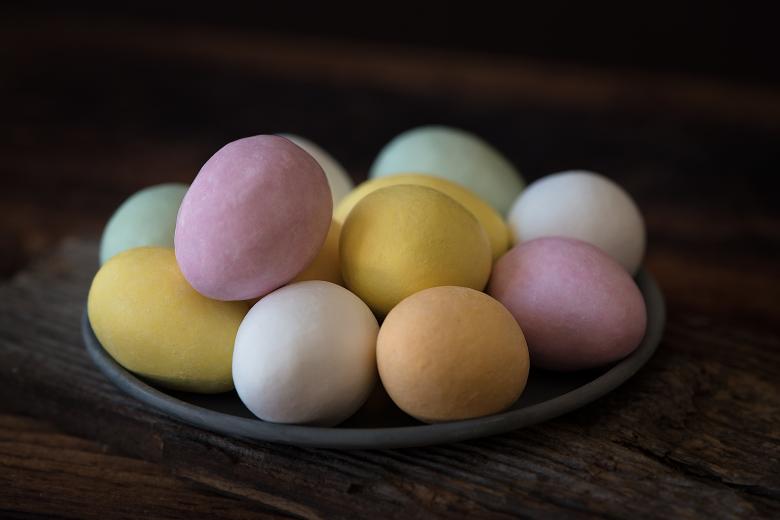
- Decide How Your Hunt Will Be Conducted – What are the rules of the egg hunt? For example, will you have different age groups? If so, will you color code the eggs and have the smaller children looks for pink and blue eggs and the older kids other colors? Will you divide the hunting areas in age group areas? Deciding the rules up front will help you decide what items you will need and how many.
- Preparation Time – Last, prepare as many items as you can the day/night before. This includes food, filling the eggs, personalizing baskets or buckets, decorating. Whatever you can do, do it. Not having enough time for preparation and activities can be stressful. Most importantly, invited guests shouldn’t suffer because of your lack of planning.
Finally, the big day has arrived. So, be sure to greet your guests and keep things moving. Don’t forget yourself, have a good time too. And be sure to thank guests for coming.

